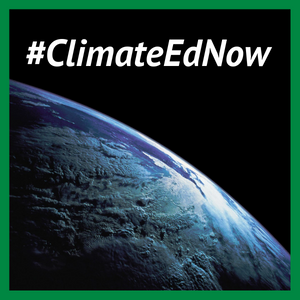 Many years ago, when one of my kids was taking 9th-grade biology, I asked him what they had covered in class that day. “DNA replication,” he replied, sullenly. “So boring!”
Many years ago, when one of my kids was taking 9th-grade biology, I asked him what they had covered in class that day. “DNA replication,” he replied, sullenly. “So boring!”
“Oh my God, you’re kidding me!” I cried. “Boring? It’s completely amazing! Think about it! There’s like a 10-foot-long string of DNA in every single one of your cells, rolled up into a tight little ball, and every time you need a new cell, all that DNA has to be systematically unraveled and copied, then the new copy has to get separated from the original and moved into the newly forming cell. And the DNA isn’t just one string! It’s two strings, wound around each other! It’s a dang miracle it works at all, much less thousands of times a day, right inside your own body! It’s happening right now! It’s not boring at all!!!”
Okay, so maybe every little detail of that explanation isn’t exactly right, but this was an emergency! DNA replication, boring? Perish the thought. And I didn’t even bring up the prediction, then detection, of Okazaki fragments. So cool. Definitely not boring.
As far as I am concerned, science education should never be boring. But even before we get to boring, it definitely should never be wrong. That’s why I’m so passionate about NCSE’s mission — to ensure that evolution and climate change are taught accurately in every science classroom in the U.S. Surveys, including NCSE’s own national surveys, have shown that many, many U.S. public school science teachers are passing on mixed messages, or worse, flat-out falsehoods about the reality of climate change and human responsibility for it. We at NCSE and our partner teachers are doing everything we can to solve this crucial problem, including designing our own curriculum that addresses head-on the misconceptions that years of deliberate misinformation have sown among teachers, students, and community members.
So correcting misinformation is one reason that climate education is particularly urgent. The other essays in this series discuss many other reasons that students need and deserve to receive a thorough and honest education in how our climate is changing and what we can do about it. Their futures depend on it. Climate education also offers a sterling opportunity to teach students critical thinking skills about what, and whom, to believe and why, and how to recognize and resist misinformation and disinformation.

